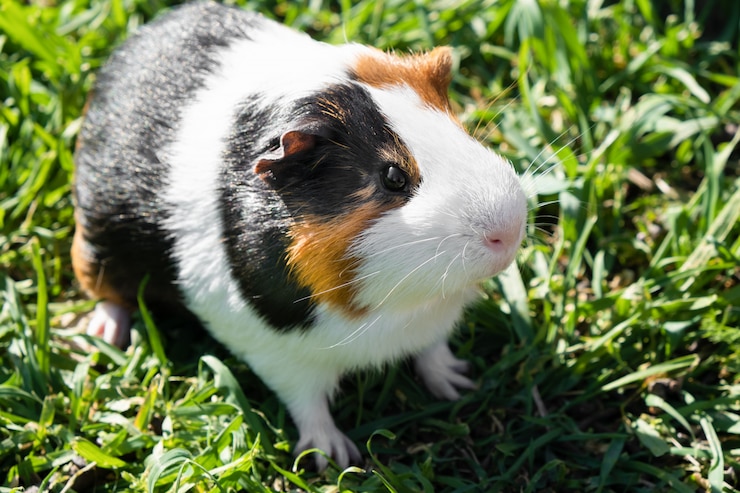Guinea pig farming, also known as cavy farming, has gained popularity in South Africa due to the growing demand for guinea pigs as pets and their potential as a food source. If you are considering venturing into guinea pig farming in South Africa, it is crucial to have a comprehensive understanding of the industry. In this article, we will explore ten important factors you should know before starting guinea pig farming in South Africa.
- Suitable Housing and Space Requirements: Guinea pigs require appropriate housing and sufficient space to thrive. Provide spacious enclosures with separate areas for feeding, nesting, and exercise. Ensure proper ventilation, protection from extreme weather conditions, and secure fencing to prevent escape and protect against predators.
- Knowledge of Guinea Pig Behavior and Health: Understanding guinea pig behavior and health is essential for successful farming. Learn about their dietary needs, social behavior, reproduction, and common health issues. Regularly monitor their well-being and seek veterinary care when necessary.
- Feeding and Nutrition: Guinea pigs have specific dietary requirements. Provide them with a balanced diet consisting of fresh hay, fresh vegetables, and a limited amount of commercial guinea pig pellets. Avoid feeding them toxic or harmful foods, such as chocolate, onions, or high-sugar treats.
- Breeding and Reproduction: Familiarize yourself with guinea pig breeding and reproduction. Guinea pigs have a short gestation period of around 68 days, and they can produce multiple litters each year. Understand the proper age for breeding, mating behavior, and the care required for pregnant sows and their offspring.
- Disease Prevention and Veterinary Care: Implement appropriate disease prevention measures to ensure the health of your guinea pigs. Provide regular vaccinations, deworming, and proper hygiene practices. Establish a relationship with a veterinarian experienced in guinea pig care to address any health concerns effectively.
- Market Demand and Product Considerations: Conduct market research to understand the demand for guinea pigs in South Africa. Evaluate the market for pet sales, breeding stock, and potential food consumption. Decide whether you want to focus on selling guinea pigs as pets, breeding stock, or for meat production.
- Legal Considerations: Ensure compliance with all legal requirements and regulations for guinea pig farming in South Africa. Familiarize yourself with local laws regarding animal welfare, breeding, sales, and transportation. Obtain the necessary permits and licenses to operate your farm legally.
- Networking and Knowledge Exchange: Connect with other guinea pig farmers, breeders, and industry professionals. Join online forums, social media groups, and local farming associations to exchange knowledge, experiences, and best practices. Networking can provide valuable insights and support for your guinea pig farming venture.
- Financial Planning: Develop a comprehensive business plan that includes financial projections and cost estimates. Consider expenses such as housing, feed, veterinary care, marketing, and potential losses. Adequate financial planning is crucial for the sustainability and profitability of your guinea pig farming enterprise.
- Ethics and Animal Welfare: Ensure that your guinea pig farming practices prioritize the welfare and well-being of the animals. Provide a clean and comfortable environment, proper nutrition, and appropriate socialization. Educate yourself about ethical farming practices and strive to maintain high standards of animal welfare.
Guinea pig farming in South Africa can be a rewarding venture, whether you focus on pet sales or explore the potential for meat production. By considering the ten factors mentioned above, you will be better prepared to start and manage a successful guinea pig farming enterprise. Remember to prioritize the health and welfare of your guinea pigs, stay informed about industry trends, and continuously educate yourself to ensure the long-term success of your farming operation.
Image by devmaryna on Freepik
Join 'Farmers Mag' WhatsApp Channel
Get the latest Farming news and tips delivered straight to your WhatsApp
CLICK HERE TO JOIN






